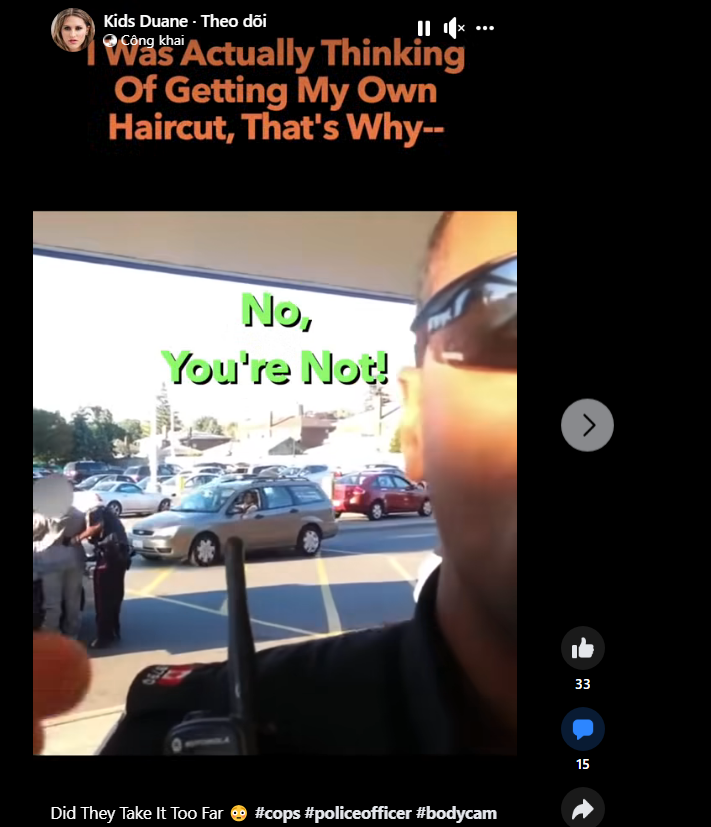In the complex world of law enforcement, the actions of police officers can sometimes blur the line between necessary force and excessive measures, leading to controversy and public debate. It’s a topic that raises questions about the balance between maintaining order and respecting individual rights.
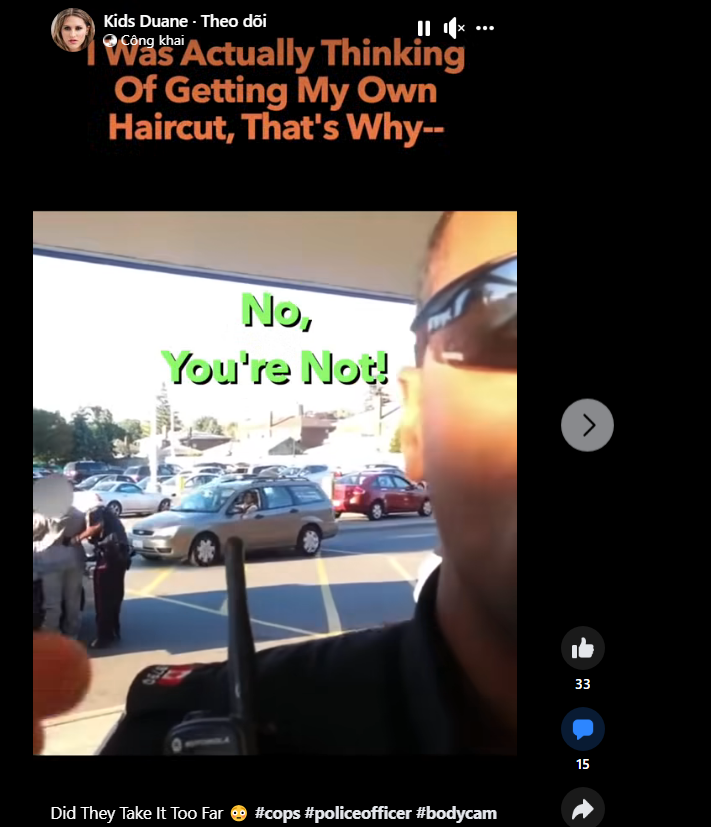
Use of Force Dilemma: One of the most contentious issues is the use of force by police officers. While they are trained to use force when necessary to protect themselves and others, instances where that force is perceived as excessive can lead to outrage and protests.
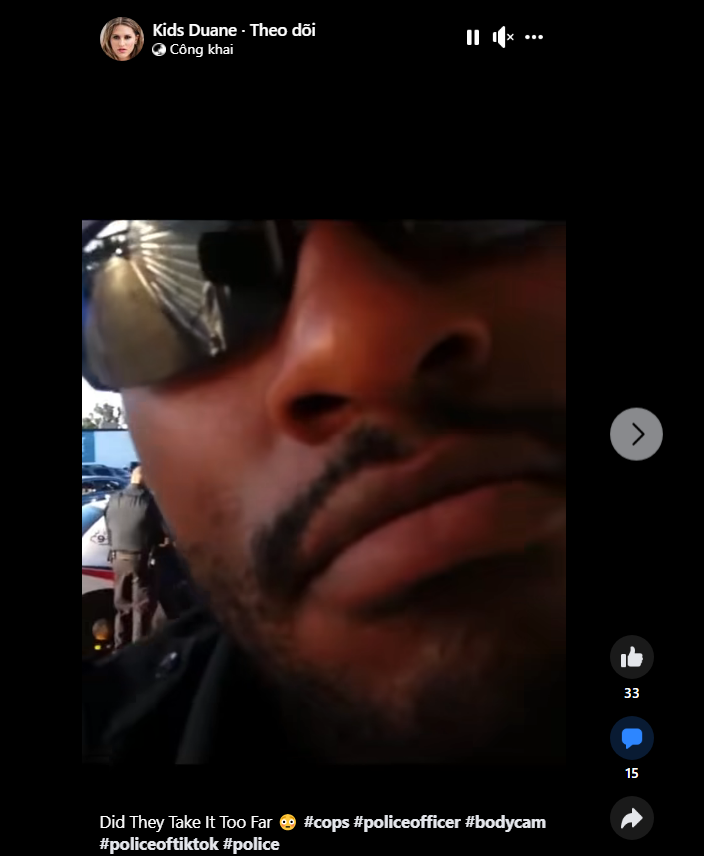
Transparency and Accountability: Maintaining public trust is vital for police departments. In cases where officers are accused of crossing the line, it is crucial for departments to conduct thorough investigations and hold officers accountable when wrongdoing is confirmed. Transparency in these processes is essential to rebuilding trust.
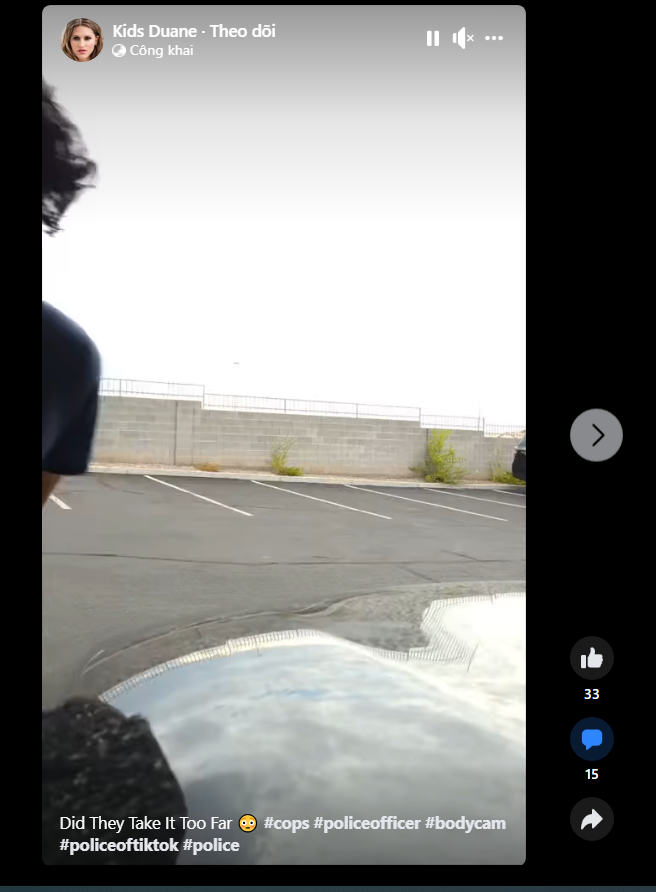
Body Cameras and Video Evidence: The prevalence of body-worn cameras and citizen-recorded videos has shed light on controversial police actions. While these recordings can provide valuable evidence and transparency, they also sometimes capture moments that fuel heated debates about police conduct.
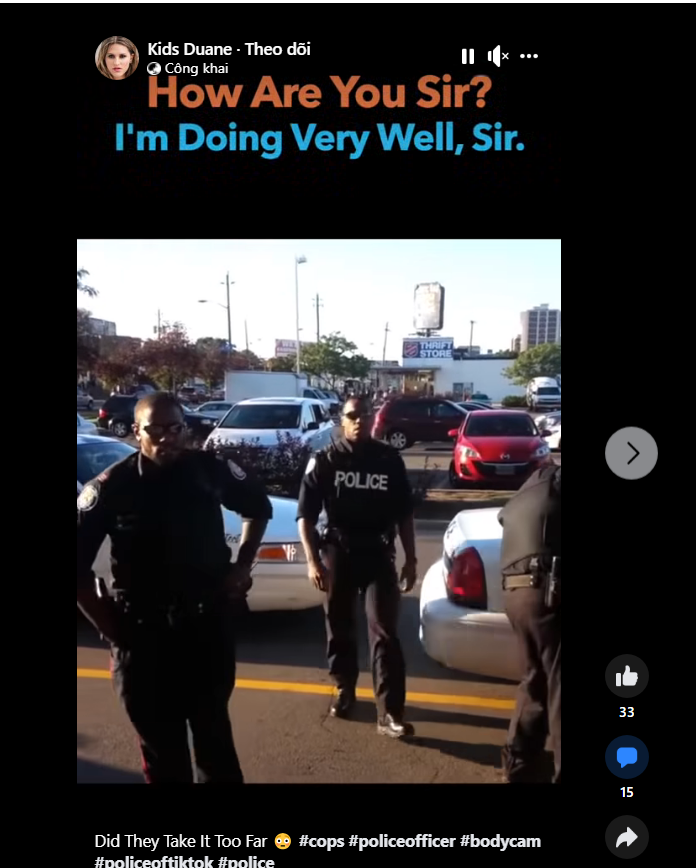
Training and De-escalation: Efforts are underway to improve police training in de-escalation techniques and crisis intervention. By providing officers with the tools to defuse situations peacefully, these initiatives aim to reduce the likelihood of controversial actions.
Community Policing and Trust-Building: Building positive relationships between law enforcement and the community is an ongoing process. Many police departments are actively engaging in community policing, which emphasizes collaboration and trust-building. Officers who are visible, accessible, and respectful can help bridge the gap.
The Role of Public Opinion: Controversial police actions often trigger discussions in the media and on social platforms. Public opinion can influence policy changes and lead to calls for reform, shaping the future of law enforcement practices.
Balancing Act: The challenge for law enforcement agencies lies in striking a balance between maintaining public safety and respecting individual rights. While most officers work diligently to uphold the law with integrity, the actions of a few can overshadow the efforts of the many.
Conclusion: The debate surrounding police actions that may have crossed the line is a reminder of the ongoing need for open dialogue, accountability, and reform in the field of law enforcement. It’s a complex issue with no easy solutions, but addressing it is essential to ensuring that policing is fair, just, and aligned with the values of the communities it serves.
https://www.facebook.com/reel/838876361277422

